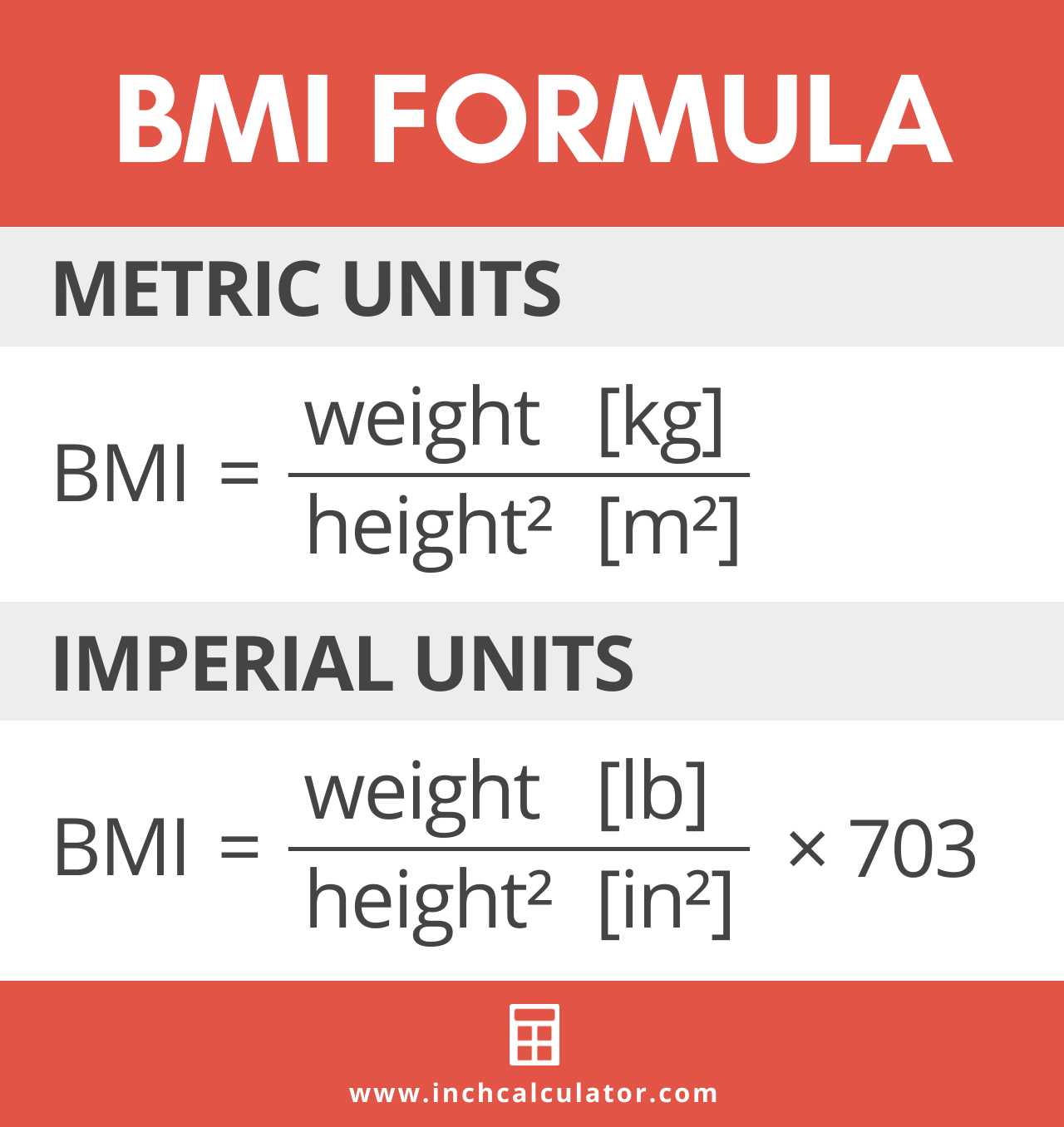BMI (Body Mass Index) is an indicator used to measure the relationship between a person’s weight and height to determine whether they are within a healthy weight range. The formula for calculating BMI is:

Calculate the website : https://www.inchcalculator.com/bmi-calculator/
BMI Classification (According to the World Health Organization):
Why is maintaining a normal BMI important during preconception?
Maintaining Female Fertility:
- Low BMI: Being underweight can lead to irregular or absent menstrual cycles, affecting ovulation. Low body weight may also disrupt hormone levels, which can negatively impact fertility.
- High BMI: Obesity can increase estrogen levels, disrupting the normal ovulation process and increasing the risk of polycystic ovary syndrome (PCOS), which can reduce the chances of conception.
Improving Male Fertility:
Low BMI: Being underweight may result in poor sperm quality, reducing the chances of conception.
High BMI: Obesity can lower testosterone levels, which decreases sperm count and motility, ultimately affecting fertility.
Ensuring a Healthy Pregnancy:
Low body weight: Increases the risk of miscarriage or preterm birth, and may affect the baby’s growth and development.
High body weight: Obese women are at a higher risk of complications during pregnancy, such as gestational diabetes and hypertension. Obesity also increases the risk of delivering a large baby, which can lead to complications during childbirth or the need for a C-section.
Maintaining a normal BMI not only improves the fertility of both partners but also reduces health risks during pregnancy, ensuring the safety and well-being of both the mother and the baby.